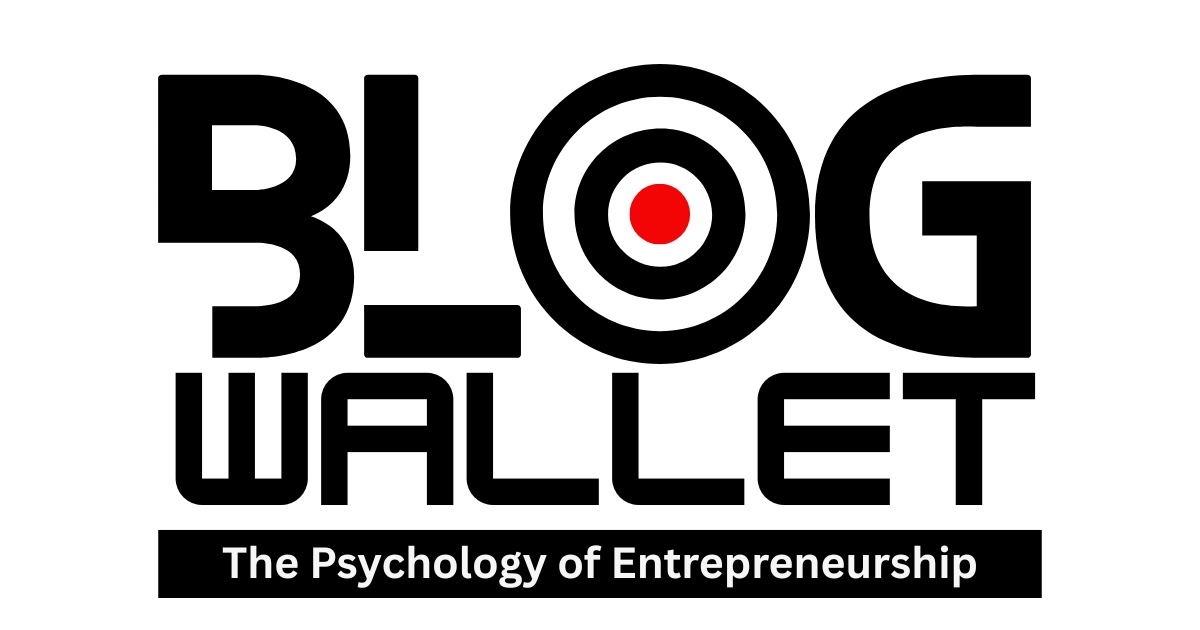
A Simple System For Journaling Techniques
# A Simple System for Journaling Techniques
Journaling is often misunderstood as a practice reserved for those with the luxury of time and tranquility. However, it is a practical and powerful tool for individuals who are striving to achieve their goals, including entrepreneurs and dreamers. This guide will explore the benefits of journaling, how to start, and how to transform your insights into actionable strategies.
## Why Journal? More Than Just Diary Keeping
When I embarked on my entrepreneurial journey, I was not in a position of comfort. I was immersed in the challenges of building my businesses, from BlogWallet to Radio Facts. My experiences, including the ups and downs of starting out, provided invaluable lessons. I quickly realized that journaling was not merely about recording daily events; it was a strategic practice essential for mental clarity and growth.
Journaling allows for a candid conversation with oneself. It encourages individuals to confront both their successes and failures. By documenting your thoughts and experiences, you can maintain focus on your goals and reflect on past lessons, ensuring that you do not repeat the same mistakes. This practice is crucial for personal and professional development.
## How to Start Journaling, Even If You Dislike Writing
The first step in establishing a journaling practice is to eliminate excuses. Many people believe they do not have the time or inclination to write, especially after long workdays. However, the benefits of journaling far outweigh the initial discomfort. You can begin with a simple notebook or utilize a digital platform on your phone.
Start by recording daily events, noting what went well, what was challenging, and the lessons learned. It is important to delve deeper than surface-level observations. Address difficult interactions or setbacks. For instance, if a client has become unresponsive, write about the experience and what you learned from it. Journaling can serve as an affordable form of therapy, providing clarity without the need for external validation.
## Turning Lessons into Action
Journaling is not solely a means of expression; it is a catalyst for action. Each mistake or setback should be documented and analyzed. Transform your journal from a simple diary into a strategic guide. For every challenge faced, identify three alternative actions you could take in the future.
For example, if you have experienced financial difficulties, outline small, actionable steps you can take to improve your situation. These documented strategies can help you navigate from a place of struggle to one of achievement. The process of writing down your thoughts not only clarifies your ideas but also reinforces your commitment to change.
## The Spiritual Aspect of Journaling
There is often a spiritual dimension to the practice of journaling. Whether you refer to it as karma, divine intervention, or simply the universe’s guidance, writing down your aspirations and reflections can lead to significant shifts in your life. Many individuals find that revisiting their journal entries reveals patterns and insights that were not immediately apparent.
Your journal serves as a record of your journey, capturing the challenges you have faced and the victories you have achieved. This reflection can be empowering, reinforcing your resilience and growth. It is essential to recognize the profound impact that documenting your experiences can have on your personal development.
## The Conclusion
In summary, journaling is more than a casual habit; it is a vital tool for anyone serious about personal and professional growth. It has provided me with clarity and direction throughout my career, transforming obstacles into opportunities for success. While starting a journaling practice may be challenging, the benefits of having a documented journey far outweigh the initial difficulties.
Do not postpone the decision to begin journaling. Time is a valuable resource, and there is no better moment to start documenting your experiences than now. Remember that effective journaling is not about crafting perfect prose; it is about being honest with yourself, learning from your experiences, and evolving as an individual.
Ultimately, it is not the easy paths that shape us but the difficult journeys we navigate. Your journal is not only a reflection of your story but also a guide for your future. Embrace the process, make it authentic, and ensure it represents your unique journey.

